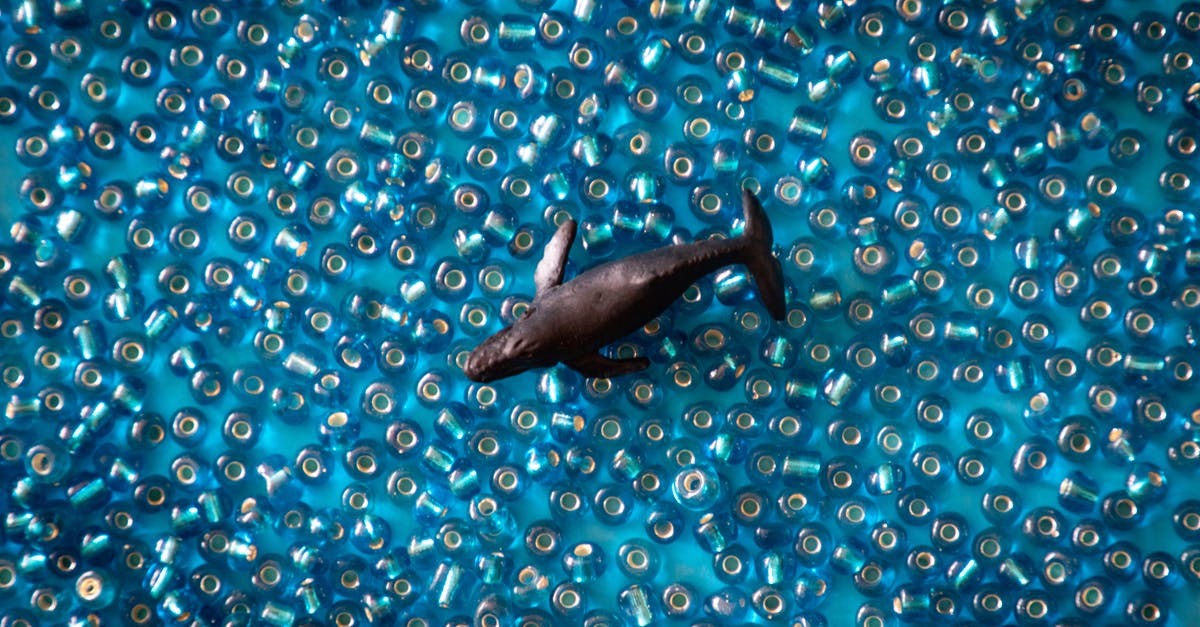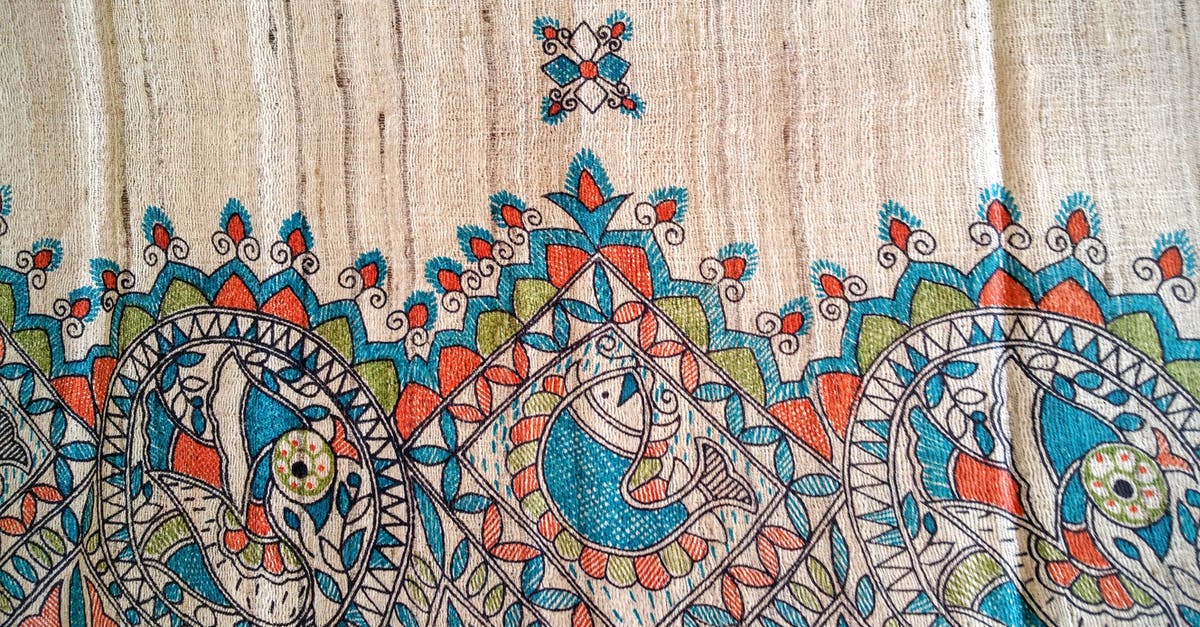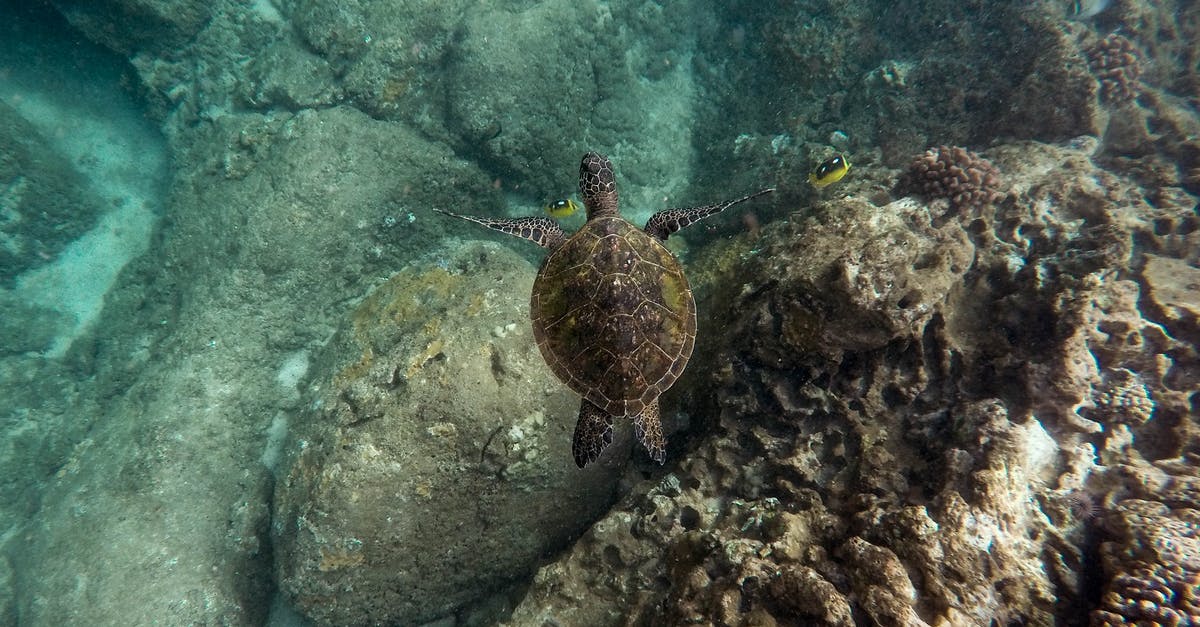What causes some fish to get texture like mashed potato suddenly?

Sometimes a fish I cook disappointingly becomes of a mushy texture like mashed potato. One particular species where this seems to happen very easily, is Lethrinus miniatus: sweetlip emperor (also called trumpet emperor or sweetlip swoose) I've eaten other similar fishes (other sweetlips or emperors) and I didn't encounter the same problem.
Cooking is done on a cast-iron electric cooker, on a cast-iron pan, putting a little ghee on the pan and no water added, cooking on the lowest power (140 W) for an hour or two, of the whole intact fish, with skin and scales. Using a lot more butter, when the fish is fully covered in hot liquid ghee, avoids the problem, but with large specimen (~ 2 kg) its quite impractical and expensive, as it takes several kg of clarified butter to immerse the fish.
So having success with the immersed in ghee method, I am trying to make it work without so much butter, but the result is disappointing, the fish seems to transform from undercooked (when it's not possible to pull off the skin without taking a lot of meat with it) to mushy, mashed potato in almost no time. Often one part of the fish is still undercooked and not far from it is already mushy. As I am cooking it quite slowly and at low temperature, and cast-iron has a large heat mass, it would seem it should cook quite uniformly, but it appears it doesn't.
I did this also with a thermostatic controller with a probe both inside the fish body or probing the thin layer of ghee under the fish, with 65°C (149°F) or 80°C (176°F), but it seems the temperature differs a lot between parts of the fish, with some parts being undercooked and others mushy already. I want to try not exceeding 60°C (140°F) but this would mean extending the time, so I am not sure it will yield the desired result.
Considering it doesn't happen when fish is immersed in clarified butter, I would like to know what physicochemical properties of the fish meat makes this happen and most other, even similar species it doesn't, and are there any other ways to avoid it, preferably regarding time and temperature control?
Another thing to consider, is that the sweetlip emperors I cooked in butter, were also mostly cooked from fresh (same-day caught), while the one I cooked today which turned out mushy was frozen by me from fresh and then unfrozen and cooked, but I am not sure it was always the case with a few mushy ones I had and some which turned out fine in butter bath. I am trying to isolate the cause of the mashed-potato-like mushiness, having several variables.
Best Answer
You have already diagnosed both your problem and the solution. Your intended cooking method is to poach the fish in ghee, you are not poaching it (for poaching, you will have to immerse it in a generous amount of liquid, in this case ghee) and thus it overheats.
You should either accept that this dish takes several kilograms of butter, or choose a different preparation method for large fish. What you cannot do is take away what makes the method work (the ghee) and then still expect it to work.
Pictures about "What causes some fish to get texture like mashed potato suddenly?"



Why did my fish get mushy?
If fish flesh sits in acidic ingredients for more than 30 minutes, the acid will begin to denature the delicate protein, and you'll have a mushy fish when it's cooked. Even the richer flesh of salmon and tuna should only be marinated for about an hour.How do I stop my fish from being mushy?
Here's how to fix mushy fish.Why did my fish turn rubbery?
Seafood is one of the most difficult proteins to cook because it's so unforgiving. If cooked too long, it gets tough and chewy fast. Even if saut\xe9ed properly, you may not yield the right texture due to it having been frozen and/or pumped with water in processing.How do you know if cooked fish is bad?
To tell if your fish has gone wrong, touch it to see if it is slimy or has a strong odor. If it smells fishy, it's spoiled. It also has a bluish tint and an increasingly awful taste.Pan fried mahi fish served with mashed potatoes | Grilled mahi mahi with avocado | Mini Kitchen.
More answers regarding what causes some fish to get texture like mashed potato suddenly?
Answer 2
The freezing process will definitely damage the integrity of the fragile fish meat, but that can't be the only explanation to this texture. It looks that your fish is really overcooked, and I can't really understand your recipe, but I don't think that any fish, even the large specimen you mentioned, should be cooked for so long, even at a low temperature. Depending of the type and size of the fish, the best way to cook it is either to grill it in a pan, a few minuts on each side on a medium to high fire (you can do it "à la meunière" if you are partial to butter, it's delicious), or in the oven, generally 20 to 45 min around 180° C.
Sources: Stack Exchange - This article follows the attribution requirements of Stack Exchange and is licensed under CC BY-SA 3.0.
Images: Pixabay, Magda Ehlers, Digital Buggu, Jeremy Bishop
